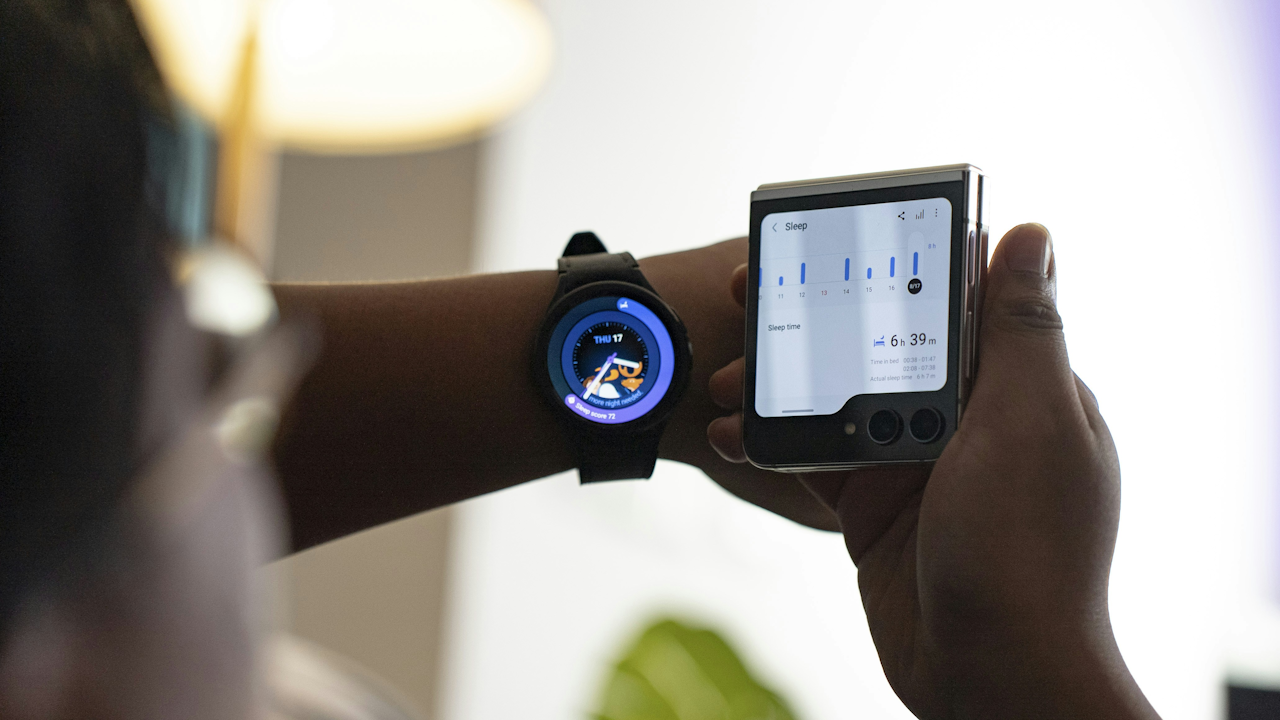In today’s digital age, screens are ubiquitous. From smartphones and tablets to laptops and televisions, we are constantly bombarded with information and entertainment from these devices. While screens offer numerous benefits, such as connectivity and access to knowledge, they can also have a detrimental effect on our sleep. Understanding how screen time affects sleep is crucial for maintaining good sleep hygiene and overall health.
One of the primary ways screen time interferes with sleep is through the emission of blue light. This type of light, which is prevalent in electronic devices, has a unique impact on our bodies. Blue light suppresses the production of melatonin, a hormone that regulates our sleep-wake cycle, also known as the circadian rhythm. Melatonin is naturally produced in response to darkness, signaling to our bodies that it’s time to sleep. When we are exposed to blue light in the evening, it disrupts this natural process, delaying the release of melatonin and making it harder to fall asleep.
Moreover, the content we consume on screens can also contribute to sleep disturbances. Engaging with stimulating content, such as action-packed movies or video games, can increase alertness and arousal, making it difficult to wind down for sleep. The constant flow of information and notifications from social media can also keep our minds racing, preventing us from relaxing and falling asleep easily.
Another factor to consider is the displacement of sleep time. When we spend excessive time on screens, we often sacrifice valuable sleep hours. Whether it’s binge-watching a TV series or scrolling through social media, screen time can easily extend beyond our intended limits, pushing back our bedtime and reducing the overall duration of sleep.
The impact of screen time on sleep is particularly concerning for adolescents. Teenagers are especially vulnerable to the effects of blue light and often have a tendency to use screens late into the night. This can lead to chronic sleep deprivation, which has been linked to various health issues, including impaired cognitive function, mood disturbances, and weakened immune system.
Furthermore, the presence of screens in the bedroom can create a constant temptation to engage with them, even when we should be sleeping. The blue light emitted from these devices can further disrupt sleep patterns, making it harder to fall asleep and stay asleep throughout the night.
To mitigate the negative effects of screen time on sleep, it’s essential to establish healthy boundaries and habits. Here are some practical tips to consider:
- Establish a Screen Curfew: Set a specific time each evening when you will stop using screens. This curfew should ideally be at least an hour before bedtime to allow your brain to wind down and melatonin production to resume.
- Create a Relaxing Bedtime Routine: Engage in calming activities before sleep, such as reading a book, taking a warm bath, or listening to soothing music. Avoid stimulating activities like watching TV or playing video games close to bedtime.
- Optimize Your Sleep Environment: Make sure your bedroom is dark, quiet, and cool. Consider using blackout curtains to block out external light and maintain a comfortable temperature for sleep.
- Keep Screens Out of the Bedroom: Remove all electronic devices from your bedroom to eliminate the temptation to use them when you should be sleeping.
- Be Mindful of Content Consumption: Choose relaxing or non-stimulating content in the evening. Avoid watching intense movies or playing video games that can increase arousal and make it harder to fall asleep.
- Prioritize Sleep: Make sleep a priority and aim for 7-9 hours of quality sleep each night. Establish a consistent sleep schedule, going to bed and waking up around the same time every day, even on weekends.
By implementing these strategies, you can minimize the disruptive effects of screen time on your sleep and improve your overall well-being. Remember, prioritizing sleep is essential for maintaining physical and mental health, cognitive function, and emotional balance.

